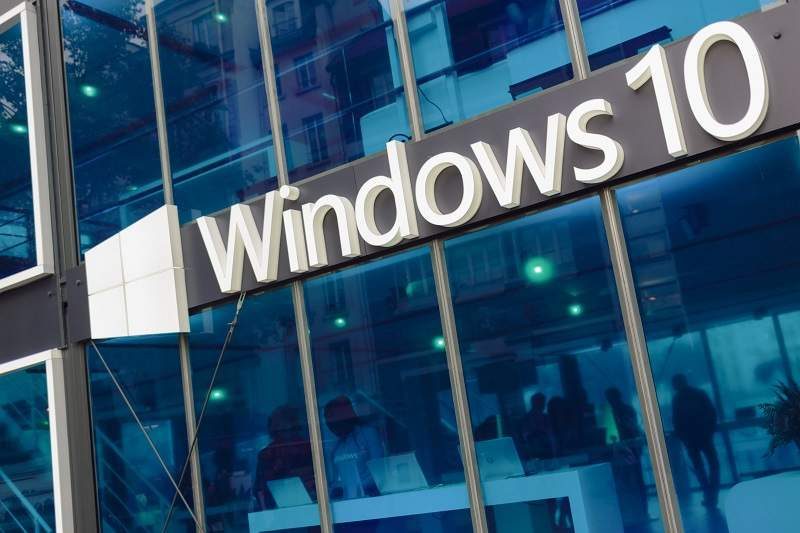Microsoft to Bring a Full Linux Kernel in Windows 10 Update

Windows 10 To Get Linux Kernel Update
Given that they are two operating systems seemingly in direct competition, you would be forgiven for thinking that Microsoft would prefer to pretend that Linux didn’t exist. While Linux isn’t, of course, on the same ‘level’ as Windows, it has a very strong fanbase.
Over recent years, however, Microsoft has seemingly been making more than a few overtures to incorporate aspects of the operating system into their Windows 10 release. In a report via The Verge, however, this is going to proceed to a never before seen level. Microsoft has confirmed that an upcoming Summer update to Windows 10 will include a fully fledged Linux Kernal.

What Can We Expect?
Microsoft’s program manager Jack Hammons has said: “Beginning with Windows Insiders builds this Summer. We will include an in-house custom-built Linux kernel to underpin the newest version of the Windows Subsystem for Linux (WSL). The kernel itself will initially be based on version 4.19, the latest long-term stable release of Linux. The kernel will be rebased at the designation of new long-term stable releases to ensure that the WSL kernel always has the latest Linux goodness.”
This is, without a doubt, a very surprising move by Microsoft. One which very few would’ve expected. Let alone anticipated!
What Do We Think?
This is certainly an unexpected announcement. It’s also certainly the single biggest move (to date) in which Microsoft has so directly looked to link their own operating system with the Linux platform.
Set to be released as part of the Summer update (19H2) Microsoft has said that the kernel will form a part of future updates. If that wasn’t enough, it will be fully open-sourced and should significantly improve the performance of the subsystem.
So, I guess if you are a fan of the Linux operating system, this is going to be a very interesting Summer.
What do you think? Are you looking forward to this update? In addition, which operating system do you use? – Let us know in the comments!










Well I wouldn’t be surprised if MS decided in the long run to finally ditch whole artificial structure of Windows/NTFS and move to *nix architecture. *nix has obvious advantages over Windows as we know it today. Especially now that we have NVMe storage or even venerable SSDs. NTFS is not a good file system for those. So who knows, maybe MS will do WinOS? Crazier things has happened. When you look at Apple, they clearly moving away from desktops and MacOS. MS can win big here, especially considering obnoxious treatment of Pro market with lack of support for nVidia just for sheer sake of spite.
Even one avenue which never was treated seriously on *nix – Gaming – gains more and more traction. You don’t need full Windows OS to run Windows games, few libraries is all what matters. Other factor which is obvious to anyone even remotely familiar with *nix is that it doesn’t screw multi-core performance. Something that is basically TM of Windows 10. (probably also 7 or 8 but nobody really threw 64 core/128 threads monsters at that time)
What does this mean? I’m techy, but not this technical. Does this impact regular users or more power users? I can see how a better framework for windows’ file system could improve performance, but is that what were talking about here?